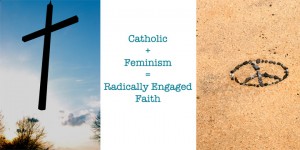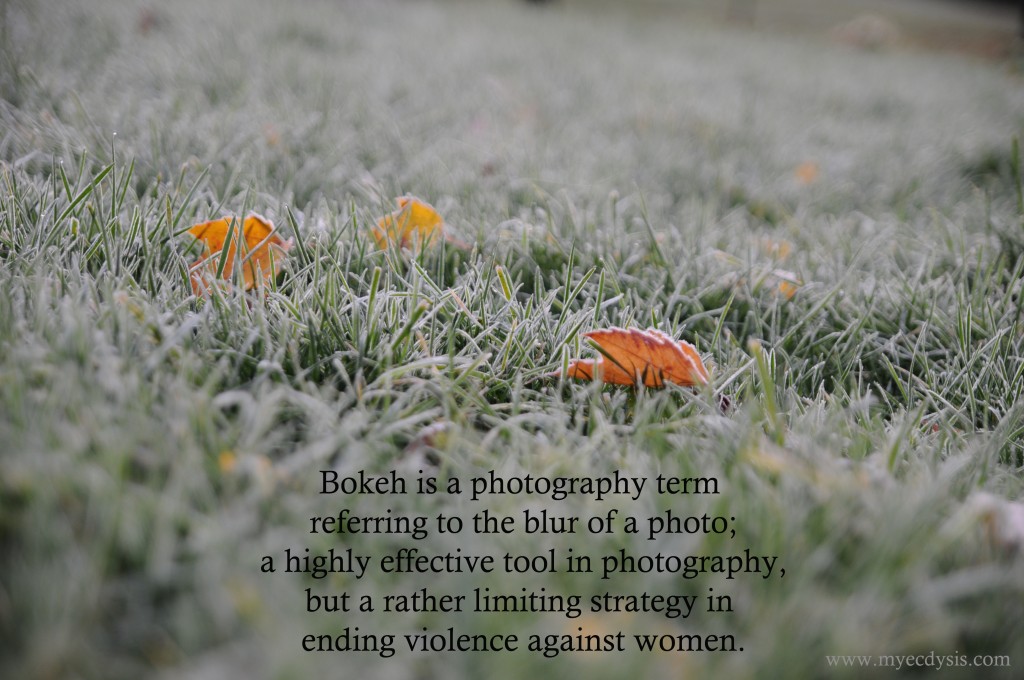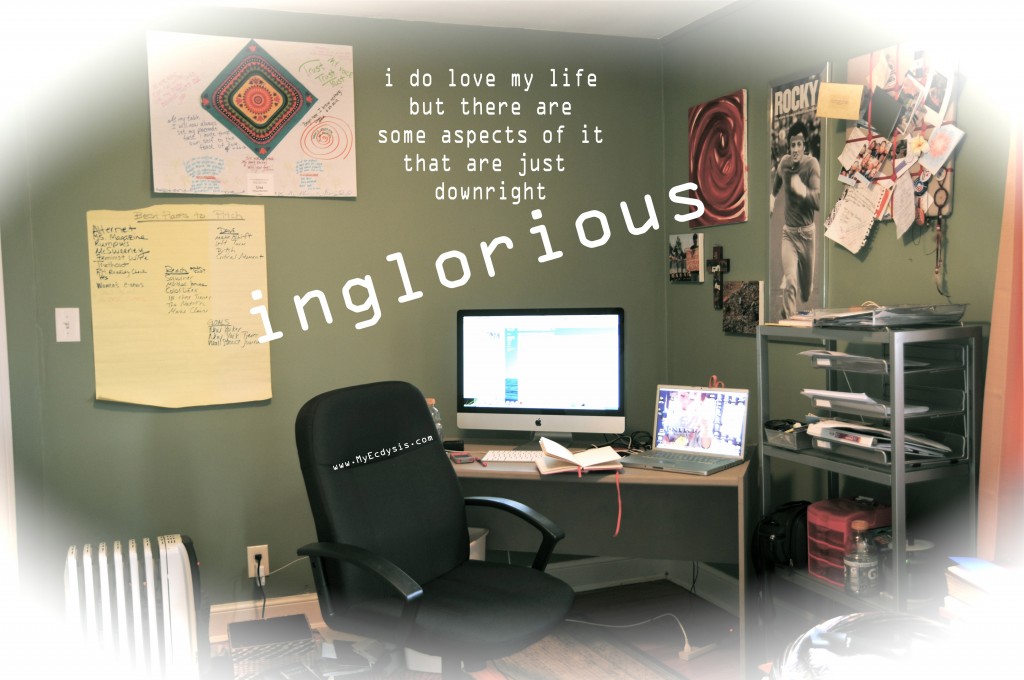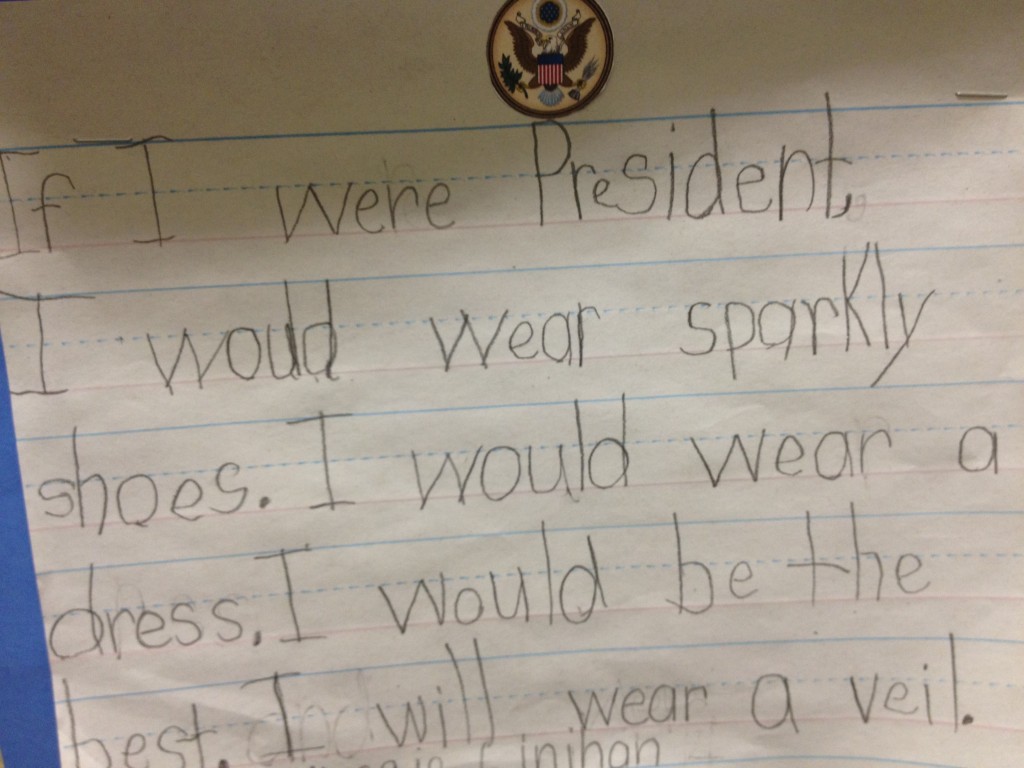2000 Boom
2001 Onward and Upward
2002 Shift
2003 Health in All Forms
2004 Phenomenal
2005 Authenticity
2006 Courage
2007 Spectacular, Spectacular
2008 Faithful
2009 My Time
2010 Believe In Goodness
2011 This Was the Year that I…
2012 Simplify
2013 Relationships
Twelve years ago, I stopped making specific resolutions. They felt too breakable, too fragile to withstand an entire year. Instead, I began making thematic resolutions in hopes of slower, more broad, more impactful change in my life. Instead of “more gym time,” “publish first book,” “lose more weight” I started choosing themes that would remind me of the greater picture of life. I’d choose words or phrases that evoked an area of my life that needed cultivation, attention, love. As I look researched what past themes have been, I see there are two things that I’ve improved in the past twelve years: reflection and writing. I’d like to think that will continue for the rest of my life and at a crotchety old age of 89, I’m going to be a masterful zen of all things spiritual and spit out pearls of wisdom with my fake teeth and mismatched outfits, and a magenta toned walker.
2012 was the most impressive year I’ve ever lived. In some ways, I fear I may not be able to top it, but that silly thought is cast aside by the very principle that led me to make 2012 the beast of a year that it was: confidence. The year was “Simplify” — I was to do nothing but work on two parts of my life: writing and my health. Both were measurable in clear ways and my achievement defined itself with two markers. I had a year-long commitment to work out at least five times a week. Save a few weeks of sickness and travel (and most recently, holiday gluttony and laziness), I did it. And not one week went by where I didn’t work out at least twice. Healthy and whole cooking took on immense importance this year with a focus on dramatically decreasing alcohol and caffeine. I took to veggies and fruits for snacks, and instead of forcing myself to run, I allowed myself to breathe (literally) in activities I looked forward to engaging: lifting, stretching, dancing, kickboxing, walking, playing. Not using self-torture was critical to my falling in love with health, with my own body. As a result? A slow, sometimes painfully slow decline in weight. Almost 20lbs. More importantly, though, now my body not only expects but needs activity to maintain balance, sanity, and keeping anxiety at bay.
Mental and physical health are not two peas in a pod, they are the same pod. 2012 revealed a relationship so delicate and obvious that it seems almost silly not to have understood it before. Sanity is available when the body works out its stored aggressions and sadness, disappointments and hang-ups, fears and bitterness, confusions and mistakes. Not only do I feel physically better after activity, but my mental state is on another level afterward. Miracles happen when the body moves. Sometimes the anger is dispelled, sure, but more incredibly epiphanies arrive in movement. There is not a void after a workout or a hard dancing hour, there is a simple line of reason, a bottom line, if you will, that served as a life line. An inarguable peace that emanated courage to talk to Nick about what upset me, perseverance to push forward with my anthology, resilience to get back up off the floor, hope to repair a frayed relationship.
It had been a long time since I dared to believe I was capable to be astounded by life. There were no surprises in store for me, I surmised a few years ago, and I could feel the enemy – complacency – creeping toward my mental horizon. In 2012, I blew it out of the water. I am in the best physical shape of my life, and as a sweet result, grew an unexpected fortitude that gave spring water to the soils of spirituality and motherhood.
In some respects, 2012 was the year that I was waiting for since I was a little girl. It was the year, at age 33, my first book was picked up to be published. It is an anthology, a multi-authored work by survivors of sexual violence for other survivors. First books – first anythings, really – reveal much about where you are in life, I think. And my first book, I am so proud to say, is a book of love. It is for others. It is for the world. It is my offering to come always and only in peace to disrupt the silence and culture of acceptance for survivors of rape. The anthology is my monument to stand as a gathering place for survivors of sexual violence to project their voices, share their stories, and show their communities what radical healing looks like. 2012 was the first year of my life that I finished something grand, that I saw the fruits of my labor. Fruits that I have been praying for and honestly didn’t believe I would ever get to enjoy.
For years, I had been babying the seeds, even whispering pleas into the flower beds that something would come up out of the dirt. For years all I saw was soil, and the tiniest hint of green or growth would turn out to be a weed. Or it would wilt after a few weeks and whither away. But not this year. In 2012, the flowers and fruit came. The work paid off. The symphony began. And it was glorious. The anthology was about an organic vision of seeing a need in the world and working on patching that hole with nothing but mud and spit to hold it in place. 2012 delivered a confirmation I didn’t know that i needed: trusting my own visions. To have an external party validate your vision is a gift that I wish on every soul that walks the planet. Not a publisher, per se, but the metaphorical publisher – another entity in the world saying to you: YES. WE SEE THE SAME NEED THAT YOU DO. LET’S WORK TOGETHER TO FIX THAT. It makes you trust your eyes more. It makes you believe in the good of people again. It makes you want to work more, give more, love more, love better, find healing, bridge gaps, and yes, even walk out on the plank once more ready to jump into an ocean full of rejection and pain because sometimes, just sometimes, there is a buoy to hold onto, there to keep your bobbing head above water.
I simplified my life and chased my dreams. The chase ended and they came true. Not magically or easily, but they came true. I reached the top of my mountain this year and the view was not only majestic, but showed me a horizon full of other mountains to climb. And the difference between last year and now is that t I am not afraid of the climb, of the arduous journey. Not only am I excited for it, I believe that I can do it. I believe that I will do it.
2013 Relationships
 In a Los Angeles coffee shop, on a warm summer night, I sat across a table from my dear friend Jess Hoffman, who in the middle of updating me on her life, offered a hastily remarked but profound statement, “If you’re not working on relationships, I don’t know what you’re doing.” We were talking about communities, families, friends, life…and holding it all in balance when cancer comes unexpectedly, when circumstances create needs must too large to independently navigate, when you realize in this really dramatic way that the things that matter most in life are people and relationships.
In a Los Angeles coffee shop, on a warm summer night, I sat across a table from my dear friend Jess Hoffman, who in the middle of updating me on her life, offered a hastily remarked but profound statement, “If you’re not working on relationships, I don’t know what you’re doing.” We were talking about communities, families, friends, life…and holding it all in balance when cancer comes unexpectedly, when circumstances create needs must too large to independently navigate, when you realize in this really dramatic way that the things that matter most in life are people and relationships.
If you’re not working on relationships, I don’t know what you’re doing.
For me, the self-examination began, How strong are my branches?
For as long as I can remember, I’ve always been a relationships guru. Even in my childhood years, I’d be the one dispensing advice on dating your crush, resolving fights with your parents, keeping peace with your roommate, creating community, buffering the safe zone in hostile work environments. Relationships are, like, my THING. Or so I thought and yet when Jess said that sentence, a deep anchor of doubt hit the sediment of my soul. How much of my time do I spend growing my relationships? Is that really the center of my life?
Yes and no.
Instead of divulging my half thoughts, I made it my 2013 theme. It will be a year where I examine my relationships to God, Self, Family, Others, Community, Strangers, World, Technology, Writing, Food, Church, Things. Clarifying relationships is one of the most radical things I can do to deepen my existence in the world.
One of the specific goals I made is around organization. When I examine my relationship to technology, I see that I spend an inordinate amount of time either 1. searching for something that in my computer or 2. avoiding something because I don’t want to spend time searching for it. I see patterns of my life reflected in my relationship to technology. My inability to delete ANYTHING has affronted me now with a surplus of digital photos, emails, buried requests, and unanswered correspondence. It’s overwhelming and quite literally out of control. So one of the things I am doing to improve my relationship and overcome this particular form of procrastination manifested out of my inability to let go delete things is to take the year to organize four email accounts and countless photo libraries. Tens of thousands of files need to be collapsed or simplified. It’s a daunting task. But, it indicates something about my relationship that I want to address.
Another specific goal is to truly define what friendship means to me. Living in the digital era has put me in a boundless limbo of “friends” and “connection.” What does it mean to be truly friends with someone? Is shared history enough to carry forward relationships into the future? What is the line between building trying to build relationship across difference and ripping open old wounds that probably will never heal? How much of myself do I truly share with others and the world? Who do I want to let into my world? More people? Or less people to more deeply become connected?
And what about my relationship to my aging parents? My busy siblings? My emotionally precocious toddler?
If you are not working on relationships, what are you doing?
The question, for me, then becomes: How do I strengthen my branches?
This detail may sound small, but I believe it critical to 2013: listening. Taking the time to listen, truly listening is a skill that I need to polish. Like so many, I love fast paced productivity. Action, movement. But multitasking doesn’t work with listening, not the kind of listening I want to do anyway. To listen, means to go out of my way to NOT be preoccupied with my own life and agenda. It means focus. Eye contact. An extra moment. Waiting. Not prompting. Not interjecting. Not interrupting. It means letting others ask their questions first. It means observation and patience. Working on relationships means taking the initiative to communicate. Returning a phone call. Texting a thought. Realizing a text is only a thought. It means face time. Not Facebook.
Relationship building is not just about doing, but being. Then the question morphs again into: How do I root myself even deeper to the earth? A tree cannot flourish with full glorious branches without a sturdy trunk and thick, chunky roots. Knowing my own limits and challenges is key to strengthening my branches. Relationships is intentionally slowing down to evaluate who and what I am today and how that is different from yesterday. Relationships is also about applying the reflective process to others, realizing that they have also transitioned and changed somehow from how I last knew them and to provide space for all that change. Relationships means trusting that relationships are not purchased items with clear instructions on maximizing its usage and expiration dates. Everyone and everything has a different formula. But one thing is consistent: the key for building relationships in a healthy, sustaining manner is radical self-awareness. Without that steadiness, the rest is windfall.
If you are not working on relationships, what are you doing?
I am working on my relationships this year. I don’t know of a more demanding or necessary task that I could assign myself.







